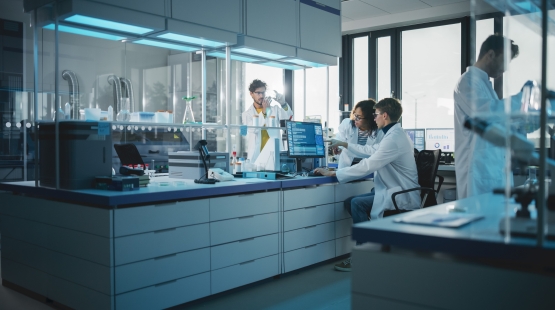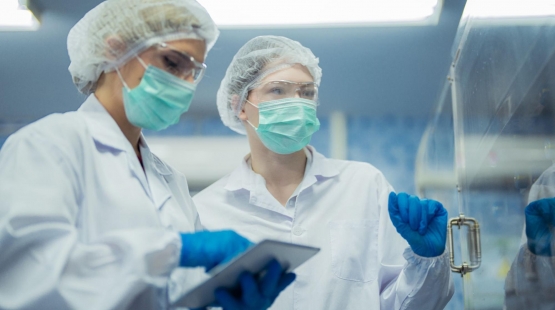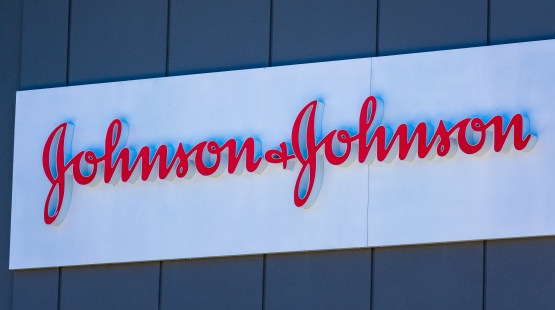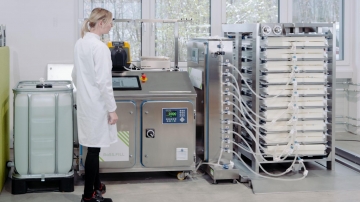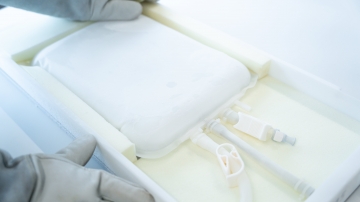What are monoclonal antibodies?
Table of contents
ShowMonoclonal antibodies are specialized proteins generated in laboratories, revolutionizing healthcare treatments. They target specific cells or pathogens, offering precise therapies for conditions like cancer and infectious diseases.
In this article, we will explore the fundamentals, types, applications, and challenges surrounding mAbs as well as the monoclonal antibody production process.
Monoclonal antibodies – a definition
Monoclonal antibodies (mAbs) are laboratory-created proteins that mimic the body's natural antibodies, integral components of the immune system. They are produced by just one clone of immune cell – hence “mono” –, leading to numerous identical antibodies, each with desired properties.
These highly specific proteins are designed to target and bind with precision to particular antigens, such as cell receptors or markers on pathogens. This interaction triggers an immune response, enabling the identification and elimination of specific cells or pathogens.
Their significance spans across immunology, aiding healthcare providers in diagnostics, therapies, and research, offering tailored approaches to target cells or pathogens while minimizing impact on healthy tissue. This, for instance, has established monoclonal antibodies as frequent tools in oncology or in transplant medicine.
pAbs, mAbs, rAbs – what is what?
When we talk about antibodies, there are three main groups: polyclonal (pAbs), monoclonal (mAbs), and recombinant (rAbs). Each has its unique characteristics.
Polyclonal antibodies (pAbs) come from various immune cells, offering a mix of antibodies that can react to different targets, and are often produced in vivo (in living animals).
Monoclonal antibodies (mAbs) are made from a single type of immune cell. They are extremely specific, targeting just one antigen with precision.
Recombinant antibodies (rAbs) are custom-made through genetic methods. They can be tailored for specific antigens, giving scientists even more control.
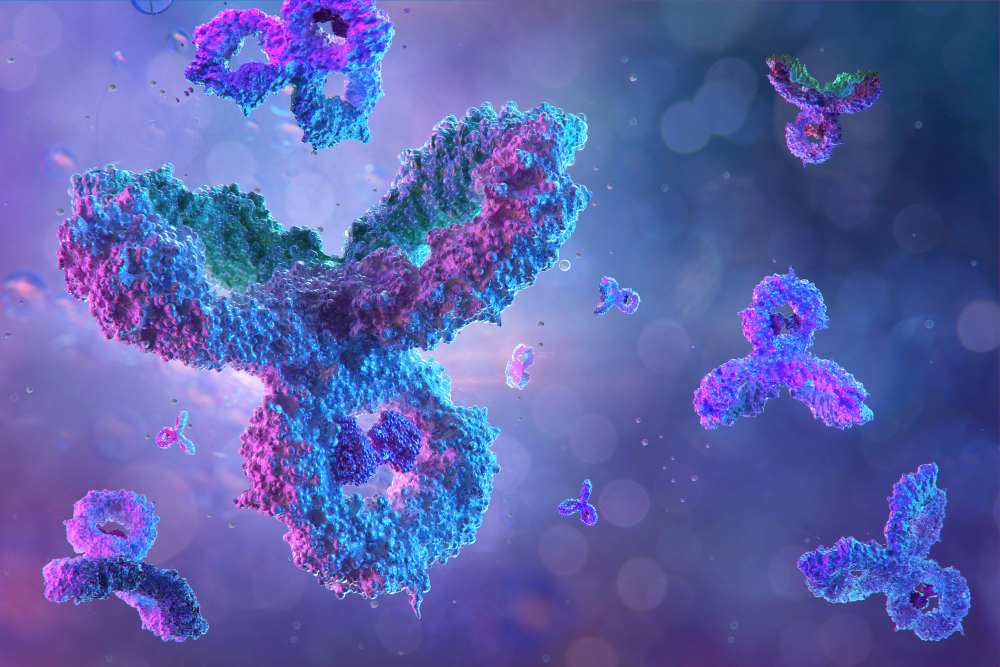
Applications of monoclonal antibodies
Monoclonal antibodies, or mAbs, are transformative agents with applications spanning diagnostics and therapeutics. In diagnostics, these antibodies play a crucial role by precisely identifying biomarkers indicative of various diseases, enhancing the accuracy of early detection and classification. Simultaneously, in therapeutic applications, particularly in cancer treatment, mAbs have revolutionized approaches by specifically targeting cancer cells, ushering in more effective and personalized interventions.
Several clinical trials are being executed either by means of monoclonal antibodies as research tools or to further investigate on additional fields of application of mAbs.
mAbs in diagnostics
Monoclonal antibodies (mAbs) are engineered to recognize and bind with exceptional specificity to distinct biomarkers associated with specific diseases. For instance, in cancer diagnostics, mAbs are utilized in assays targeting tumor-specific antigens like PSA (Prostate-Specific Antigen) in prostate cancer. These assays enable accurate disease classification, aiding in determining optimal treatment strategies.1
Moreover, in infectious diseases, mAbs play a crucial role. For example, in COVID-19 diagnostics, mAbs are used in tests to detect viral proteins like the spike protein of SARS-CoV-2. Their specificity allows for reliable identification of the virus, contributing to timely interventions and public health measures.
Their versatility and specificity empower diagnostic tools, enhancing sensitivity and accuracy in identifying diseases at early stages. Monoclonal antibodies continue to be instrumental in shaping precise and efficient diagnostic methods across a spectrum of medical conditions.1
Monoclonal antibody therapies
Monoclonal antibody therapies (mAbs) encompass a diverse range of treatments tailored to target specific molecules or cells involved in various diseases.
Here are some examples of monoclonal antibody therapies and their applications:
- Rituximab (Rituxan): Used in treating different types of cancer, such as certain lymphoma, chronic lymphocytic leukemia, and certain autoimmune disorders. It works by targeting CD20 proteins on B cells, leading to their destruction.
- Trastuzumab (Herceptin): Primarily employed in HER2-positive breast cancer. This antibody inhibits HER2 protein, curbing cancer cell growth.
- Bamlanivimab and Imdevimab: They were provided with an emergency use authorization during the coronavirus pandemic, as these antibodies were found to neutralize the SARS-CoV-2 virus.
- Bevacizumab (Avastin): Used to treat cancer types like colorectal, lung, or kidney cancer by impeding blood vessel formation that nourishes tumors.
- These targeted therapies demonstrate the efficacy of monoclonal antibody treatments in specific diseases, providing tailored treatment options with reduced side effects compared to traditional therapies. Their precision in targeting specific cells or molecules contributes to their success in cancer therapy, immunotherapy, and infectious disease treatments.
Notably, the suffixes associated with mAbs already provide insights into their characteristics:
- -mab: This suffix denotes a monoclonal antibody. For instance, the "xi-" in Rituximab indicates it's a chimeric antibody, with portions from different species (human and non-human).
- -umab: These antibodies are typically humanized, combining human and non-human components (e.g. Trastuzumab in breast cancer treatment).
- -vimab: These are engineered antibodies used for viral diseases (e.g. Bamlanivimab and Imdevimab).
How are mAbs produced?
The process steps in monoclonal antibody manufacturing frame a complex and precise process that starts with cell line development. Initially, suitable cell lines, often hybridomas resulting from the fusion of b lymphocytes (a type of white blood cells) and myeloma cells, are selected. These hybridomas possess the ability to continuously produce the desired mAbs.
Following cell line selection, cultivation in specialized bioreactors is initiated. Here, the cells grow in a controlled environment with nutrient-rich media that support their growth and productivity. Additional cytokines might be introduced to enhance the yield of mAbs.
Once the cells reach an optimal density, the culture is harvested. This harvest contains both the cells and the medium enriched with the secreted mAbs.
The next crucial step involves purification, where the harvested mixture undergoes meticulous processing. Techniques like chromatography and filtration are employed to isolate and purify the mAbs from other cellular components, ensuring high purity.
The purified mAbs then undergo formulation to ensure stability and effectiveness. Stringent quality control measures are implemented throughout the process, including assessments for cytotoxicity.
Finally, the meticulously produced mAbs are either further processed or packaged for distribution, ready to be utilized in various diagnostic, therapeutic, or research applications.
Throughout the production and distribution of monoclonal antibodies, protection of these valuable biologics is essential. Therefore, techniques for aseptic filling and advanced cold chain management are deployed – e.g. when filling cell cultures or the final antibodies into single-use bioprocess containers prior to temperature-controlled monoclonal antibody storage or transport.
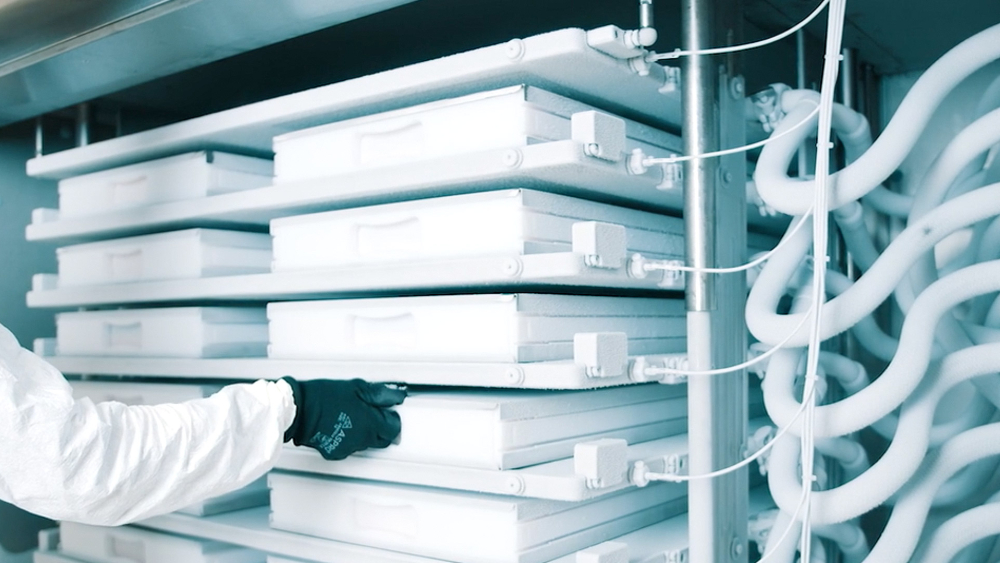
Types of monoclonal antibodies
Monoclonal antibodies come in various types and variants, each tailored for specific functions and therapeutic purposes – here are some:
- Naked monoclonal antibodies: These are unmodified antibodies that directly target antigens on cells, triggering immune responses to destroy the target.
- Conjugated monoclonal antibodies: In conjugation with drugs, toxins, or radioactive substances, monoclonal antibodies can deliver these payloads directly to specified cells for a more targeted therapeutic effect (e.g. ADCs).
- Bispecific monoclonal antibodies: Engineered to bind to two different targets simultaneously, these have applications in redirecting immune cells to specific cells or in blocking two different signaling pathways simultaneously.
- Checkpoint inhibitors: These antibodies help remove the "brakes" on the immune system, enabling it to better recognize and attack cancer cells.
Source: Cancer.org2
Monoclonal antibody production – challenges and solutions
Monoclonal antibody production comes with a variety of challenges that manufacturers have to manage. This, however, is indisputably necessary in order to provide high-quality mAbs that are safe for use.
Although some negative effects of mAbs – including potential infusion reactions and side effects after intravenous administration, like blood pressure deviations or allergic reactions – are hard if not impossible to be completely eliminated, mRNA manufacturers can be assured of optimized production processes.
Adherence to regulatory standards issued by authorities like the FDA (Food and Drug Administration) or the European Medicines Agency (EMA) is vital, yet another challenge in monoclonal antibody production: Fulfilling these guidelines demands for meticulous process optimization as well as dedicated equipment that facilitates manufacturers to perform tasks like ultra-cold freezing, aseptic filling, and many more.
Furthermore, it is necessary to mind the costs of monoclonal antibody production, as inefficient or error-prone processes might negatively impact them. This applies for every production stage as well as scalability of mAb production itself, which is best considered already in early manufacturing stages.
It is worth noting that especially maintaining aseptic conditions as well as the appropriate temperature range is both essential and troublesome, further complicated by the comparatively high viscosity of monoclonal antibody products. This is why advanced solutions for fluid transfer and cold chain management are paramount in monoclonal antibody manufacturing.
To help pharmaceutical companies as well as research organizations who manufacture monoclonal antibodies, Single Use Support provides automated processing solutions for mAb production based on single-use technologies.
These solutions include the aseptic filling platform RoSS.FILL, built to significantly reduce the need for human intervention and the risk of contamination. Additionally, the plate freezing platform RoSS.pFTU allows freezing and thawing antibodies with controllable freezing rates. This enables monoclonal antibody manufacturers to precisely meet temperature curves that are found to be ideal for their respective products.
Flanked by a variety of additional process solutions as well as single-use consumables to streamline the monoclonal antibody production process, these scalable and adaptable platforms support manufacturers in achieving top-notch monoclonal antibodies for different kinds of applications.
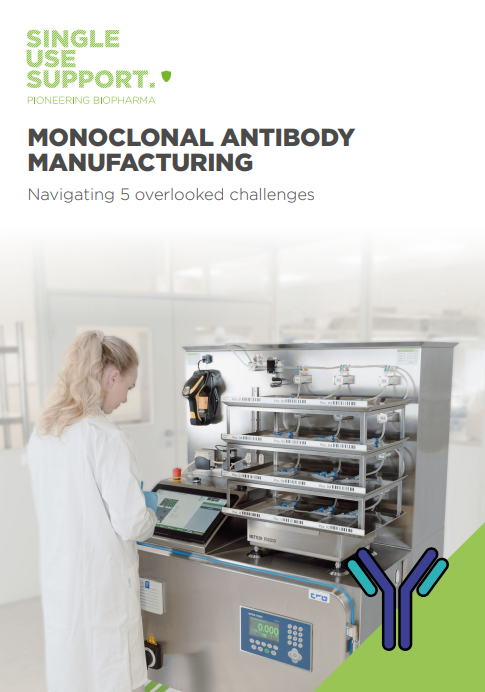
Download Guide
Navigating 5 Overlooked Challenges in Monoclonal Antibody Manufacturing
Read more about mAbs
- , Published
- Monoclonal Antibodies and Their Side Effects, https://www.cancer.org/cancer/managing-cancer/treatment-types/immunotherapy/monoclonal-antibodies.html, Published 2023



